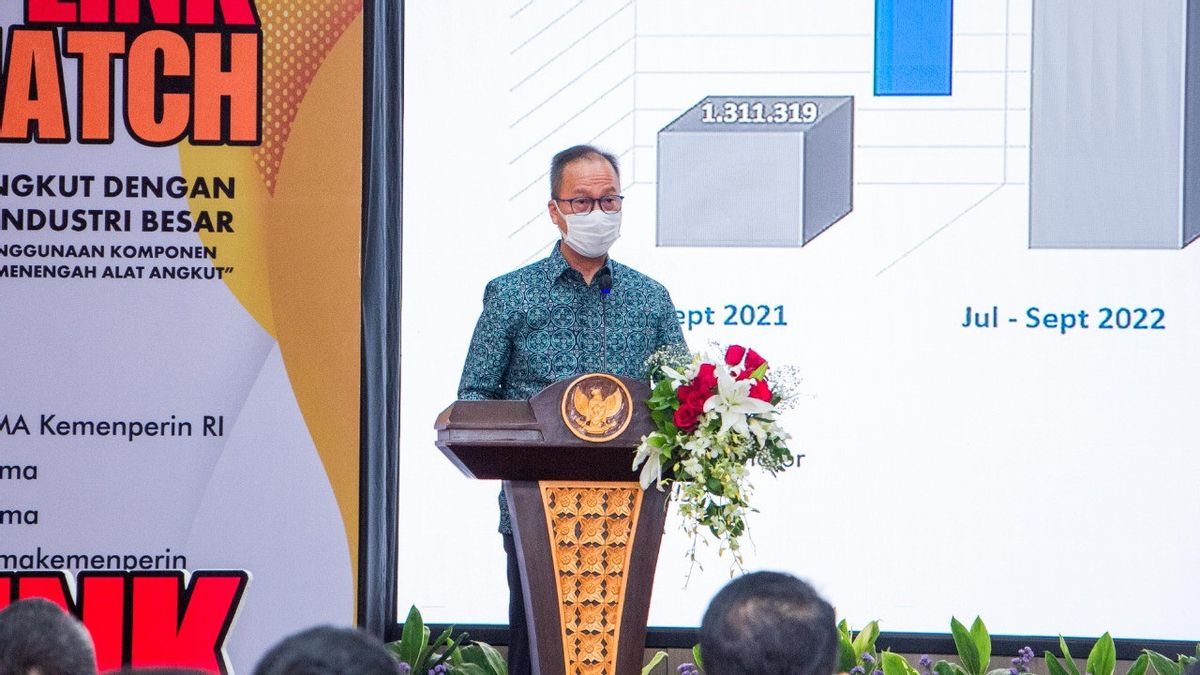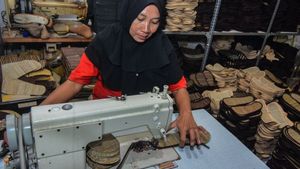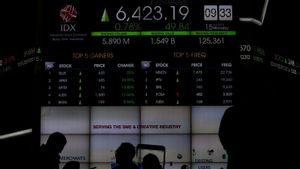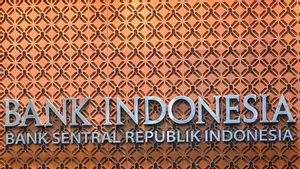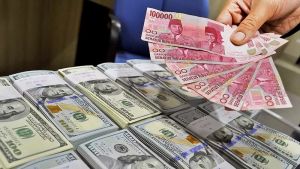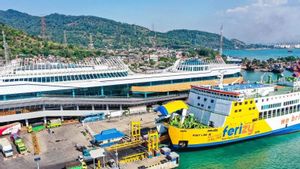JAKARTA - The Ministry of Industry said that the manufacturing industry in Indonesia is still showing positive activity in the midst of uncertain global economic conditions due to the crisis and recession.
This is reflected in the S&P Global report showing the achievements of the Indonesian manufacturing Purchasing Managers Index (PMI) in October 2022 which was at the level of 51.8.
According to Minister of Industry Agus Gumiwang Kartasasmita, the position above 50.0 indicates that the manufacturing sector is in the expansive stage.
"For 14 consecutive months, Indonesia's manufacturing PMI has consistently remained on an expansive path or still stretched amid global economic pressure," Agus was quoted as saying on Wednesday, November 2.
Indonesian manufacturing PMI, Agus said, this October is still better than the world manufacturing PMI which is at the level of 49.8. Indonesia is also at a high level compared to several global manufacturing countries, such as China (49.2), Germany (45.7), Japan (50.7), and South Korea (47.3).
Indonesian Manufacturing PMI is even superior to several ASEAN countries, such as PMI manufacturing Vietnam (50.6), Malaysia (48.7), and Thailand (51.6).
"Manufacturing PMIs around the world are down, even in industrial countries the numbers are below 50 or not expansive," he said.
According to Agus, the challenges faced by the domestic industrial sector are export destination markets that are experiencing economic weakening, such as China, the United States, and Europe.
This has an impact on the absorption of some of the leading export products, such as textiles and finished clothing, footwear, and furniture.
Furthermore, the industry is also overshadowed by high input prices that can reduce the competitiveness of its products.
"In addition to increasingly expensive raw materials, the supply is still not smooth," he added.
To maintain optimism in the industrial sector, Agus said the need for anticipation of sluggish global economic conditions, one of which is through partnerships between large-scale industries and Small and Medium Industries (IKM).
"This effort can increase the independence of the supply chain in the country, support import substitution programs, and ensure that industries can still grow healthy to produce," he explained.
Regarding export products that are starting to be affected by the economic conditions of the destination country, it is necessary to strengthen the domestic market that is able to absorb these products, including optimizing government spending through the Domestic Product Improvement Program (P3DN).
"This needs to be studied and studied so that the industrial sector does not experience a slowdown," said Agus.
Nevertheless, Agus is optimistic that in the midst of the shadow of inflation, the manufacturing industry will remain the biggest contribution to support the performance of the national economy.
"Sustainable growth in all aspects of demand in the manufacturing sector in Indonesia prompted an increase in manufacturing production in October," said Agus.
Just so you know, based on BPS data, the processing industry recorded export value during January-September 2022 of US$156.17 billion, an increase of 22.23 percent compared to the same period before. The industrial sector continues to make the largest contribution of 71.2 percent with a total national export value of US$219.35 billion.
The English, Chinese, Japanese, Arabic, and French versions are automatically generated by the AI. So there may still be inaccuracies in translating, please always see Indonesian as our main language. (system supported by DigitalSiber.id)
